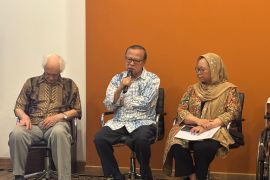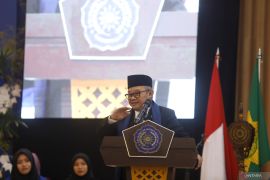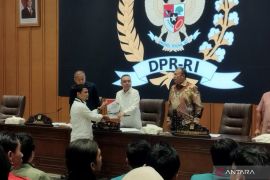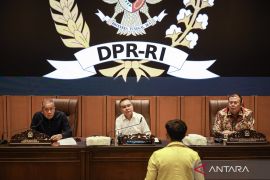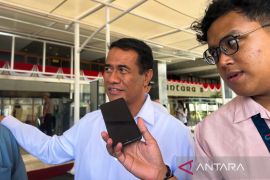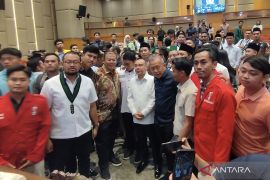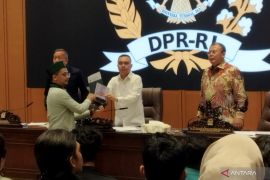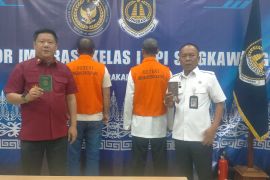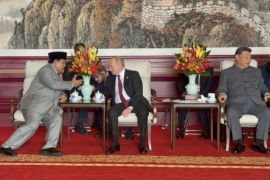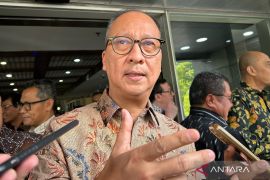It is estimated that further US$5-6 billion could be gained through additional revenues in the remaining period by renegotiating contract.Jakarta (ANTARA News) - The government is expecting additional revenues from renegotiation of mining contracts through royalties and export taxes, chief economic minister Chairul Tanjung said.
"It is estimated that further US$5-6 billion could be gained through additional revenues in the remaining period by renegotiating contract," he said here on Friday.
He noted that one of the potential sources of additional revenue would be the contract renegotiation agreement between the government and PT Freeport Indonesia, which would be signed shortly.
He said the additional revenue from the mining company would come from a royalty increase that had been agreed from one to 3.75 percent for gold and copper as well as export tax and export foreign exchange income.
"As the new royalty will be paid directly, the revenue will be higher than before. Meanwhile, they will also pay an export tax whose percentage has been set based on the existing government regulation," he explained.
Following the successful renegotiation of its contract, PT Freeport Indonesia will immediately be allowed to export certain concentrate materials by paying export tax that has already been adjusted.
"Freeport must honor agreements in the memorandum of understanding, pay guarantee, and conduct processing before the Ministry of Energy and Mineral Resources issues recommendation for an export permit to the Ministry of Trade," he said.
With the additional revenue and resumption of concentrate exports, Chairul expressed hope that budget conditions will be better, and the countrys current account deficit will not become wider at the end of this year.
"With mineral exports being done in the form of concentrate, the revenue will be quite significant, and so the balance sheet will be better at the end of the year. In addition, the budget deficit will not be as bad as have been predicted so far," he said.
Of the total 107 mining contracts being renegotiated, 40 have been agreed on, covering seven mineral working contracts and 33 coal mining exploitation agreements (PKB2B).
Renegotiation on the remaining 67 working contracts meanwhile is still on progress, as all the points offered by the government have not yet been agreed upon by the mining companies concerned, he said.
Six points in the contract renegotiation include width of working area; contract extension; royalty payment; domestic refining and smelting; share divestment; and use of local workers, goods, and services.
With regard to divestment, agreement has been reached that if a mineral company is only operating in mining, it is obliged to divest up to minimally 50 percent of its shares, while if it is involved in mining and smelting, its divestment will be set at 40 percent.
A minerals company having integrated investments in mining, smelting plant, and export licensing, such as PT Freeport Indonesia, is obliged to divest its shares up to 30 percent, he added.(*)
Editor: Heru Purwanto
Copyright © ANTARA 2014
